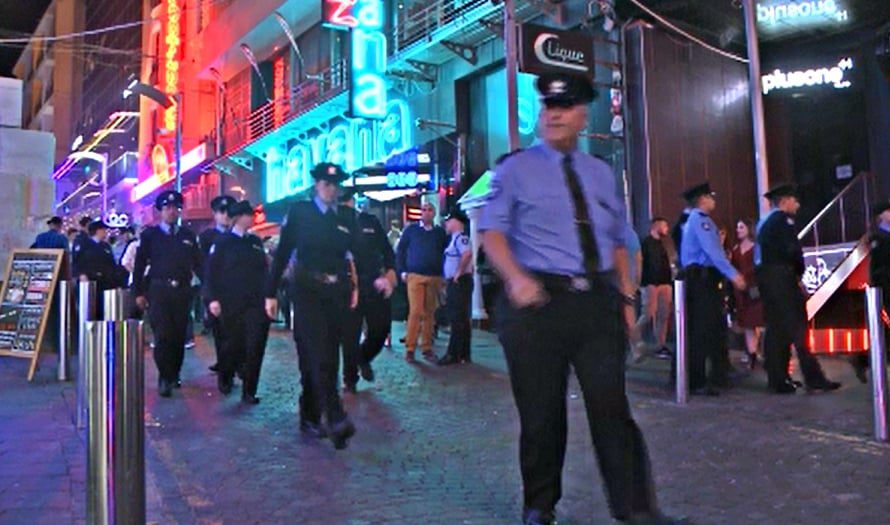The Malta Chamber of Commerce, Enterprise and Industry believes that 2024 represents an opportunity for Malta to move towards a more sustainable and digital economy, as long as the impacts of nearby wars, inflation and persistent shortages in human resources don’t derail its efforts.
Speaking to BusinessNow.mt, The Malta Chamber president Chris Vassallo Cesareo shares his belief that Malta is “at a crossroads.”
“This means that there is the need to be more strategic in our national approach, with longer term solutions and economic vision.”
Noting that there are now two wars being waged in relatively close proximity to Malta – the conflict between Russia and Ukraine and the most recent conflagration of the war between Israel and Hamas – Mr Vassallo Cesareo underlines the uncertainty such events bring to economic matters, with nations and businesses alike left unable to plan given the inability to foresee how and when these wars will end.
At the same time, a year of sky-high inflation is just now moderating to more acceptable levels – although the rate in Malta is now significantly higher than the eurozone or EU average, putting the country’s businesses under added pressure from a loss in competitivity.
Compounding the issue further is a continuing shortage of adequate human resources in a tight labour market that has seen wages shoot upwards, further impacting companies’ bottom line.
At the same time, Europe is going through a period of high inflation, which has recently decreased slightly. “This will have a direct effect on Malta, particularly on our competitiveness,” says The Malta Chamber president, adding that a persistent shortage of highly skilled workers further complicates the situation.
“These realities accentuate the need for Malta to act and take all the necessary decisions to address key issues in the best way possible,” says Mr Vassallo Cesareo. “Enhancing Malta’s productivity and competitiveness should be the top priority for economic policy. Malta’s economic growth models needs to be put on a more sustainable footing, whereby economic growth can be achieved with less labour input, as this will help to improve the quality of life and reign in the stress of Malta’s infrastructure at all levels.”
Doing more with less entails “a focus on quality work, not just quantity,” he continues, a reference to the fact that Malta’s booming economic growth over the last decade was driven in large part by a similarly booming population.
“We believe that there must be more private investment, for example in digitalisation, so that our enterprises will be more competitive and efficient,” he says. “Companies and authorities need to incentivise work of high added value – primarily those that push towards research and innovation.”
Turning his attention to the energy sector, Mr Vassallo Cesareo says that it needs to be given more importance, with “an urgent need for more well-thought investment in renewable energy sources and green solutions.”
Given the problems the system faced over the summer, when the country experienced close to two weeks of recurring power cuts that left businesses and householding fuming, it is no wonder that he also touches on the “urgency for more investment to improve the distribution system, so that we will not experience again what happened last summer.”
Featured Image:
Malta Chamber of Commerce, Enterprise and Industry President Chris Vassallo Cesareo
St Julian’s registers highest numbers of thefts in bars, restaurants and hotels in the first 3 months of 2024
The figures were tabled in Parliament on Tuesday
Taxi and cab operators pull in almost €50 million in 2023
The industry has more than doubled revenues since 2019
Pjazza 1902: Restored landmark transformed into a vibrant hub for dining, leisure and fitness
Built in 1902, the historical site has been painstakingly restored to its former glory & reopened as an entertainment hub






